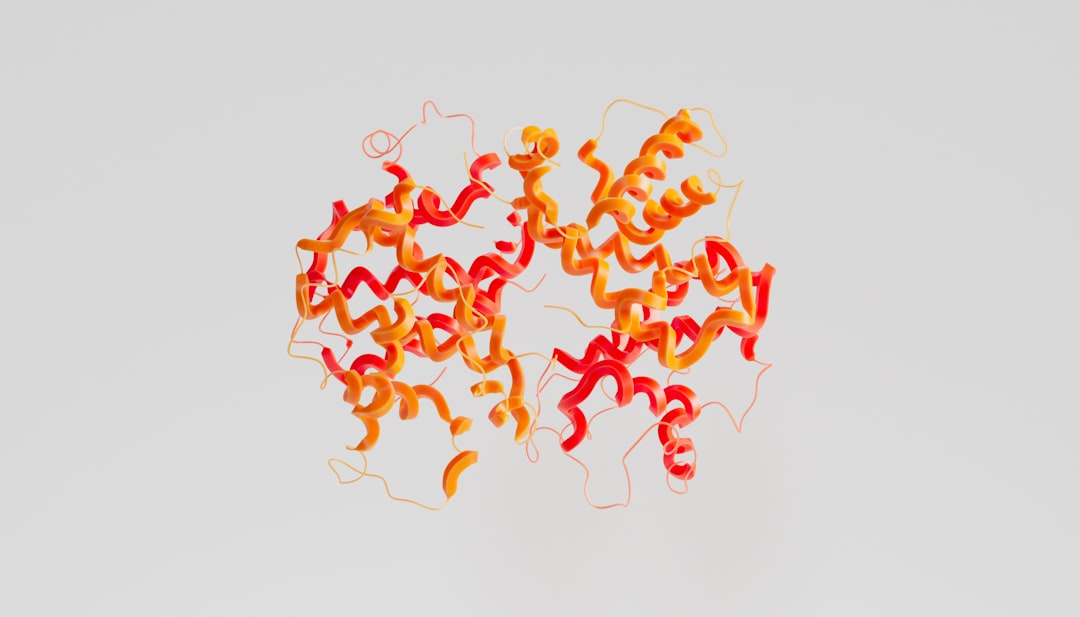Protein adequacy is critical for preventing infection or chronic inflammation.
We need it for making enzymes, antibodies, growing new cells, and for transporting trace minerals.
“Evidence from previous review studies indicates that a diet that positively impacts immune function contains adequate amounts of protein, particularly glutamine, arginine, and branched-chain amino acids (BCAAs) (36, 37). Dietary intake of anserine, carnosine, and 4-hydroxyproline has been shown to improve the body’s immunological defenses against bacteria, fungi, parasites, and viruses (38). Soy protein enhances cellular immunity through a reduction in TNF-α concentrations (39). However, primary sources of amino acids include fish, meat, and poultry. Therefore ensuring that the intake of peptides is optimised may improve respiratory function, symptoms, and fatigue in SARS-COV-2 patients (40). Support for this recommendation is shown by impaired immunity with protein-deficient diets, which would increase the risk of COVID-19 infection (26) (Figure 1). (CC By the authors Afrouz, et al., 2023)
Figure 1

“Patients with SARS-COV-2 receiving enteral nutrition for >7 days where consistent levels of adequate protein and energy are received have a lower death rate compared to patients with suboptimal protein intake (32). Additionally, patients who died of SARS-COV-2 in the hospital were found to have a lower protein and energy intake compared to patients that survived (41). It could be postulated that the intake of protein and energy in critical status patients with SARS-COV-2 hospitalized in ICU are suboptimal. Therefore, it would be prudent that patients with SARS-COV-2 consumed higher protein and energy intake in the early acute phase increasing their chances of survival and lowering the risk of in-hospital mortality.” (CC BY the authors Afrouz, et al., 2023)
Lactoferrin would also help reduce chronic inflammation risk as an iron chelator.
The paper by Afrouz, et al., has sections for a number of important nutrients or nutrient groups that can help protect against SARS-CoV-2. I am highlighting protein because it deserves it. The paper does not include the importance of lysine in balance with arginine, only pointing out arginine. Someone on a vegan diet who is eating primarily nuts and seeds can easily have an excess of arginine in ratio to lysine - eat more beans and tofu to access more lysine. People eating animal protein foods would be less likely to become low in lysine but consider it if there are colitis/inflammatory bowel symptoms. Lysine and glutamate can be protective in addition to butyrate and short chain fatty acids.
Branched chain amino acids (BCAAs): leucine, isoleucine, and valine. An article focused on athletics more than illness suggests that 7-15 grams of branched chain amino acids may be typically used for supporting muscle building activity and stable blood sugar. Leucine may be harder to get than the others in an average diet and 3-7 grams may be helpful. Vegan or vegetarian athletes may benefit from supplementing BCAAs. National Academy of Sports Medicine (blog.nasm.org)
Getting a move on still. Quick post to share a helpful article.
Disclaimer: This information is being shared for educational purposes within the guidelines of Fair Use and is not intended to provide individual health guidance.
Reference List
(Afrouz, et al., 2023) Afrouz, M., Aziz, K., Farhad, P., Maryam, Z., Azadeh, H., Saeid, D., Negin, A., Daniel, H., Potential of macronutrients and probiotics to boost immunity in patients with SARS-COV-2: a narrative review, Frontiers in Nutrition, 10, 2023, DOI=10.3389/fnut.2023.1161894, ISSN=2296-861X, https://www.frontiersin.org/articles/10.3389/fnut.2023.1161894






Perfect Amino is a very good way to supplement your protein if you have stomach issues as it can be utilized to rebuild the gut and is easily absorbed. It is not manufactured from animal products so can be helpful for vegans lacking protein and anyone else just not consuming enough protein. As it is in amino acid form what isn't used to build protein is simply burnt by the body for energy.